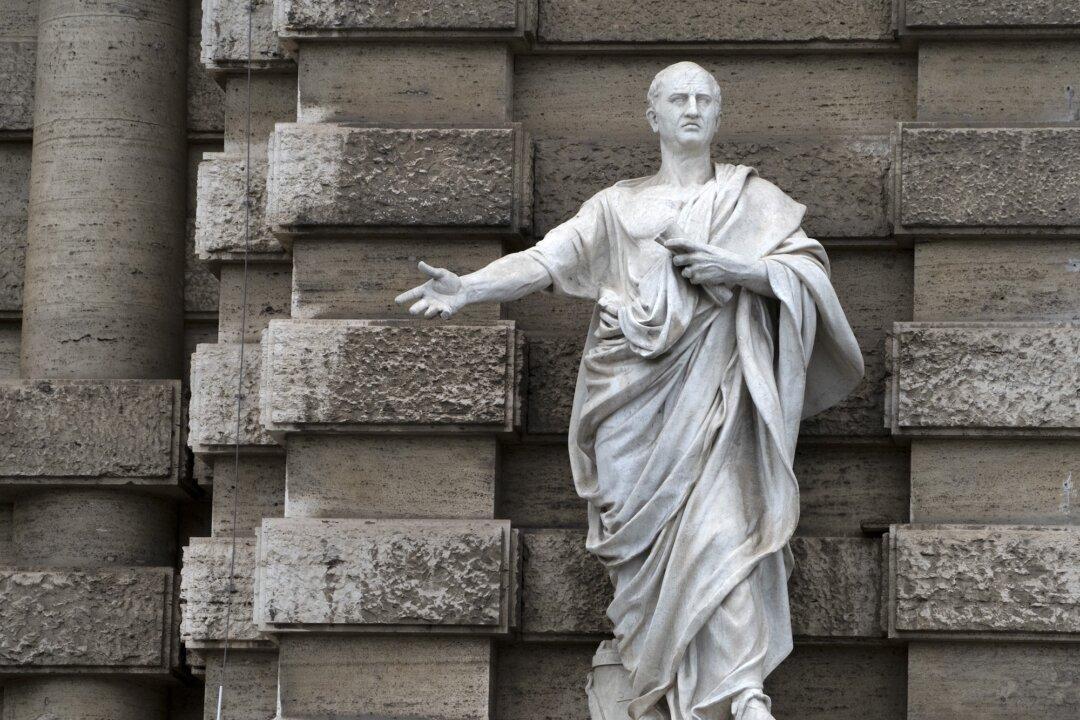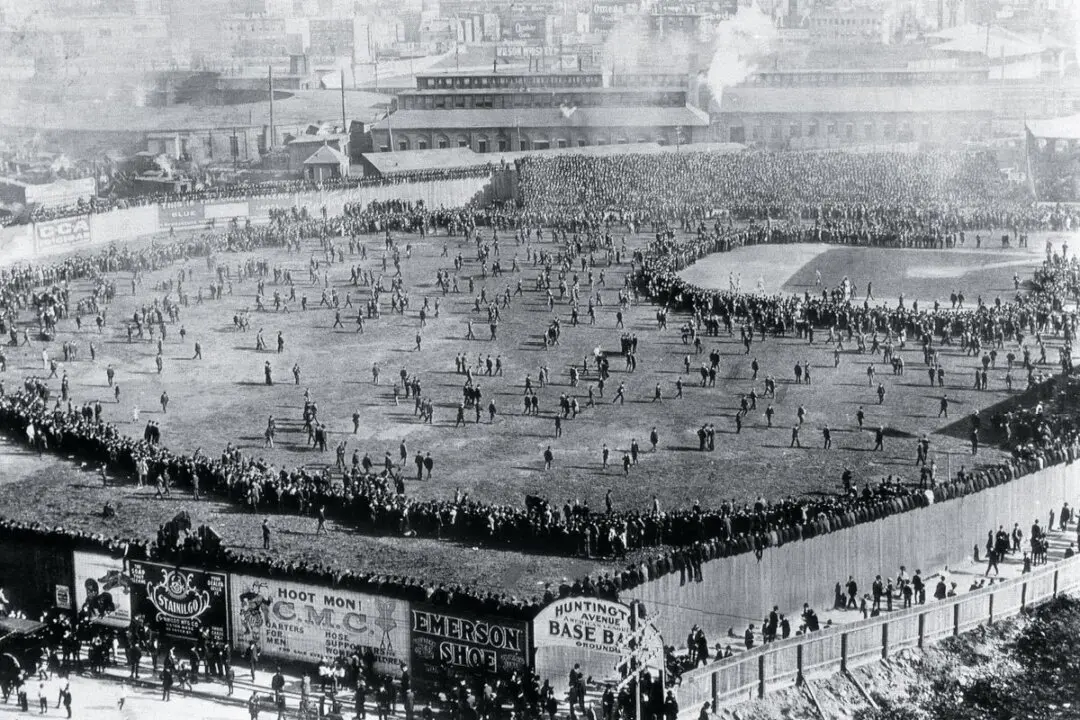Daniel J. Mahoney has known a few statesmen and a host of politicians during his decades in and around the politics of the West. He points out there’s a difference between the two, and there’s also the tyrant who tends to separate himself or herself from the two despite originating in the same circles. The age of COVID-19 has indeed revealed a number of tyrants in America and throughout the rest of the West.
Although there are the ongoing battles of liberty and control between citizens and governments during this ongoing crisis, Mahoney indicates a crisis may be just what is needed for statesmen to arise.






